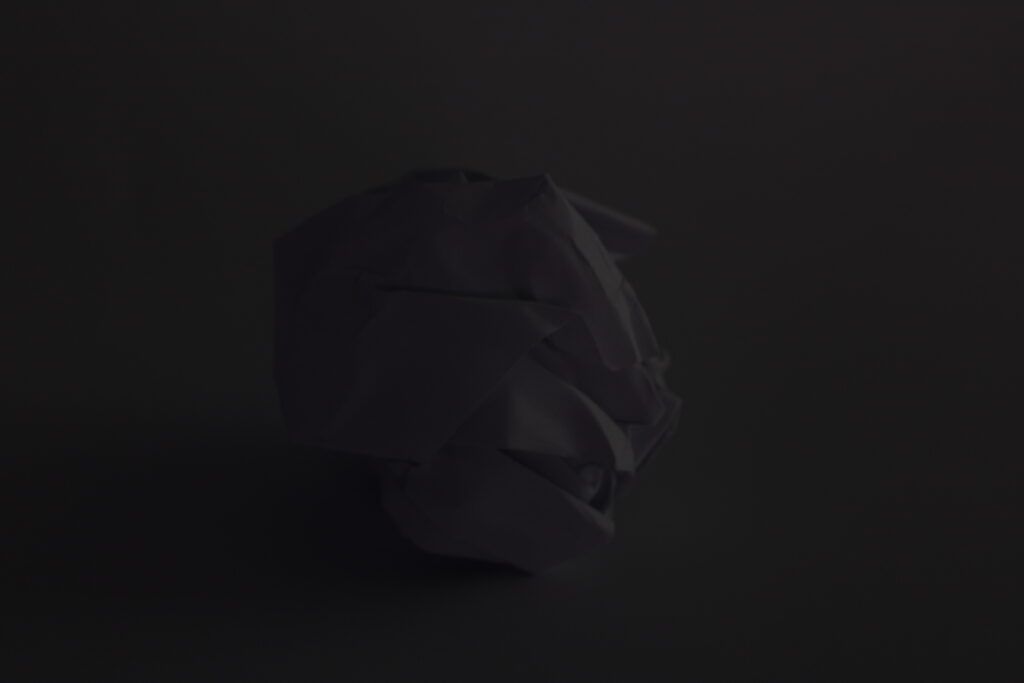What does ISO alter on the Camera?
ISO controls the amount of light your camera lets in, and therefore how dark or light your photos will be. Here are some top tips to help calculate correct exposure: Low values, such as ISO 100, are best for a sunny outdoor shoot. For shooting at night — or indoors with dim lighting — use an ISO of 1600 or higher.

Testing different ISOs

ISO – 100

ISO – 200

ISO – 400

ISO – 800

ISO – 1600

ISO – 3200

ISO – 6400
How does a high ISO impact your Photos?
ISO is a number that represents how sensitive your camera sensor is to light. The higher the ISO number, the higher your camera’s sensitivity, and the less light you need to take a picture. The trade-off is that higher ISOs can lead to degraded image quality and cause your photos to be grainy or “noisy.”


When might you want to use a high ISO?
High ISO is generally well suited to low-light situations, especially when a fast shutter speed or a narrow lens aperture is essential to achieving a creative goal. For example, using a higher ISO setting for hand-held street photography at night allows one to use fast shutter speeds to create bright, sharp images.




Brett Weston

Brett Weston seemed destined from birth to become one of the greatest American photographic artists. Born in Los Angeles in 1911, the second son of photographer Edward Weston, he had perhaps the closest artistic relationship with his famous father of all four of the Weston sons.
Intrigued by the many kinds and shapes of kelp he found on the beaches near Carmel, in 1930 Weston began taking close-ups of vegetables and fruits. He made a variety of photographs of cabbage, kale, onions, bananas, and finally, his most iconic image, peppers.




Some effective imagery being produced here!
Remember to add more description, explanation and justification for your creative decisions as you progress and make connections with the key artists too.
Technical vocab is crucial too…
You are clearly working hard, so keep it up!